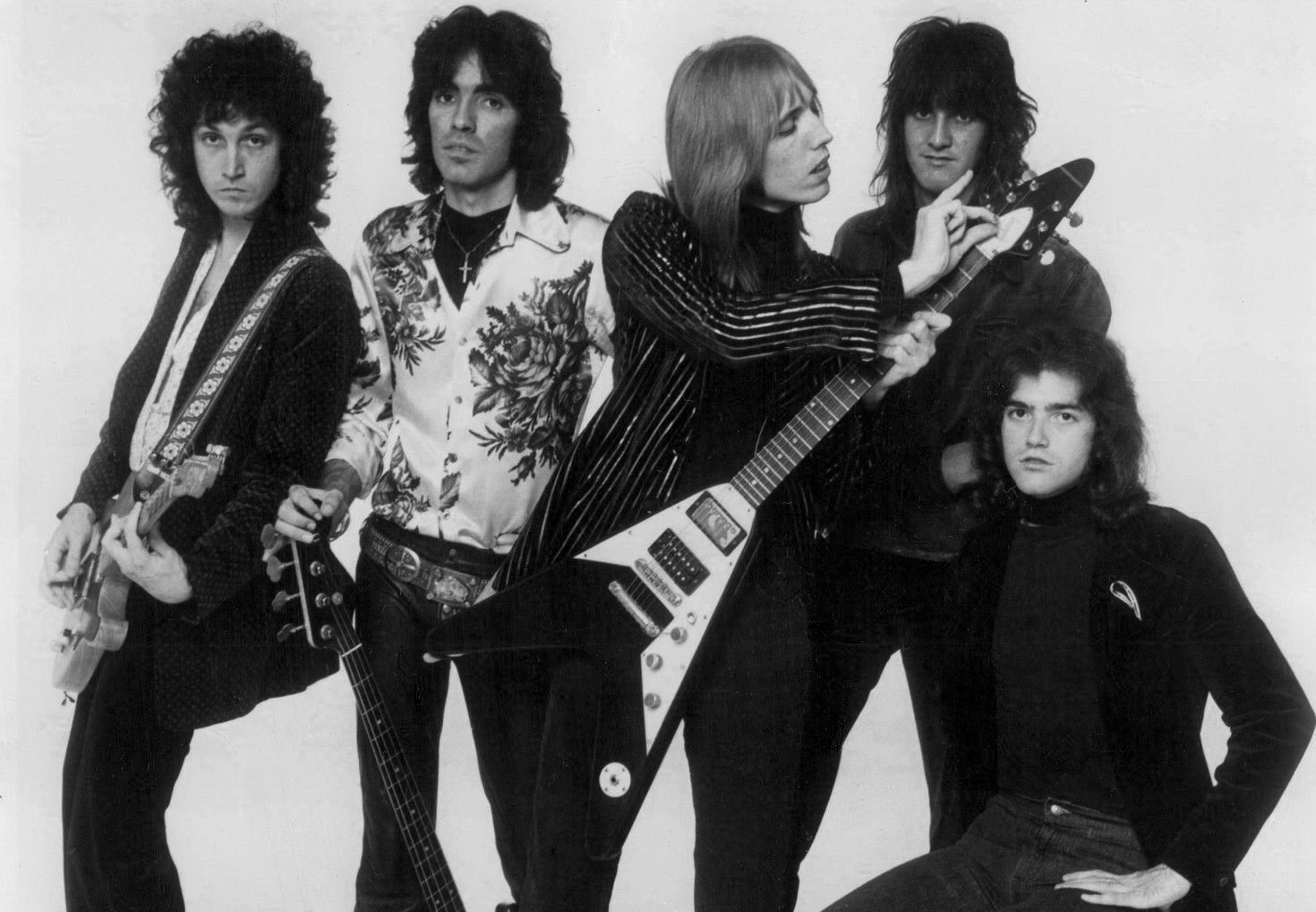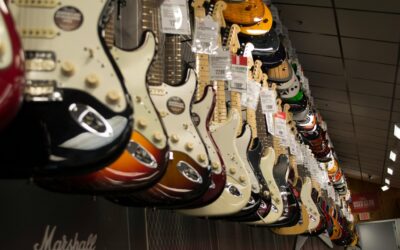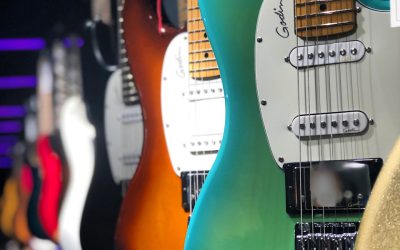In 2017, just before the band’s 40th-anniversary tour, several of Tom Petty’s prized guitars were stolen from a rehearsal space in Culver City, California. Among the stolen instruments was Petty’s beloved 1967 12-string Rickenbacker, a model famously associated with his sound. Other guitars included a 1965 Gibson SG Junior, a Fender Broadcaster, and a custom-built Dusenberg guitar.
This theft caused an uproar among fans and the music community, given the historical significance and sentimental value of these instruments. These guitars weren’t just tools; they were symbols of a legendary career and held immense personal value for Petty and his band. The theft was a stark reminder of the vulnerability of even the most famous musicians to organized guitar theft.
Fortunately, after a public appeal and a police investigation, the stolen guitars were recovered. The thief, a security guard at the venue, was apprehended and arrested. While this case had a positive outcome, it highlights the ongoing risk faced by musicians—celebrated or not—of losing their valuable instruments to theft.
The incident also underlined the need for increased security measures and tracking systems for high-end guitars. Cases like this demonstrate why initiatives such as Stolen.Guitars are crucial for protecting these irreplaceable instruments and ensuring that owners have a means of verifying and recovering their stolen property.





